Hello, I’m Marcus Sams and I am the founder and AD of Moment Improv Theatre in San Francisco, Ca, USA. I will never forget Wednesday, March 11th 2020 because it was the day that I closed the doors to the physical theatre space that I taught classes and produced shows out of. I had caught wind the week prior that the city would be shutting down, so I ended up already making preparations and was the first improv theatres to close its doors in San Francisco; before a Digital Entertainment Venue was even an idea.
When the pandemic struck, many of us in the improv world had some choices to make. Two of them may have been to lean into virtual improv or wait for the “real” thing to come back. Here we are almost 22 months later and some of us have still not been able to perform the artform that we love on the stages that we love… Wait… let’s dissect some of the above…
Improvisation is Improvisation
I have heard the terms “Real Thing” and “Virtual Improv” in conversations and I of course have some strong opinions, as I do on many things’ improv related. When we deem in-person improv as the “real thing” we other online improv. We make it somehow less than its in-person counterpart. Although there are no mistakes in our improv, I believe this is a mistake and is counter to some of the major tenants of improv. I’m specifically thinking about Yes&, Exploration, and Discovery.
These concepts are important in improv just as much as they are in the artform of online improvisation. Yes, it is an artform, and we are only scratching the surface of what is possible. Like in any art form you must use the right tools for the job. Think about it, if you are a pencil artist that uses pencil on paper and then someone gives you acrylic paints and you try to use the same techniques that you did as a pencil artist, then your art will suffer and you will not have much fun doing it. The same is for our improv. We need to cultivate the skill set and learn the tools. Once we do that, then we can explore and discover what is possible.
Closing a Physical Venue
I consider myself to be fortunate because by the following Monday, I had my first online rehearsal with our main training troupe. I think I wanted to provide some semblance of normalcy to my performers and honestly, for myself as well. It wasn’t perfect by any means, but it also was not bad, and it was a start. I could instantly see the potential for online improv and decided to commit to the exploration of this new medium of expression. This work led to me being just as busy as I was pre-pandemic, only it was more research and application based.
Because of my IT background I decided to do the work of exploring this new fairly untapped land of online improv. Working backwards, as I do when crafting workshops or shows, I had to ask myself, what did I want to see in online improv? Because of my on-camera acting and filmmaking experience, my vision centered around the tools of the trade. Lights, Camera, Action!

the new kind of tech booth
Making Changes
I poured over the capabilities of online technologies and developed an approach to our online shows. I quickly realized that IF I wanted people to perform a particular style of online improv, then I would need to teach classes in its approach. The fact is many of us were not trained to be on camera actors. I started to put together a document outlining the approach that I had named the F.L.I. Technique. This stood for Fixed Lens Improvisation. The idea was that in film and television, the camera moves around the performer, while when we are acting to our webcams, it is a fixed lens. We as actors, now needed to move around the frame to tell stronger stories.
This was heavily workshopped with the group, at the time, called the Moment Players. I cannot express my gratitude to them for not only sticking around as this being developed, but also for the trust they put in me to lead them in this new genre of performance. Once many of the techniques were solidified it was time to expand and teach these techniques in classes. Teleprov A-C were formed.
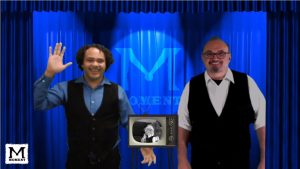
Taking performances online
Performing without a Venue
OK, classes were set, show style and approach was set, and corporate clients were wanting more and more improv because of the general feeling of disconnection we were all feeling. At the time of writing this article, I have personally taught over 925 hours+ of online improv instruction since the pandemic began and yet something was/is still missing.
We still do not have the feeling of going into a theatre and seeing who is around. We rarely get to laugh with each other while watching a show. When performing we rarely get to hear the laughter of the audience. We still do not get the level of connection to our communities as we did in the past. That is what was missing. The since of community. Now, can anything online ever replace what we are all use to in a physical theatre? Nope. Not at all. Are we trying to replace physical improv? Not at all? 22 months later are we still dealing with a virus that is messing up our improv scene? Yes. Do I think online improv has a place in the world? YES& again, we are only scratching the surface.
After running a few hang outs early on I quickly learned that the downfall of zoom or google hangouts is that they work great for meetings, but not for social. It creates a situation where the loudest one in the zoom room wins. You see people participate less and less to the point where they just stop showing up. Also, because many of us already use zoom for work many do not want to use it for pleasure and that makes a lot of sense. A new solution needed to be found.
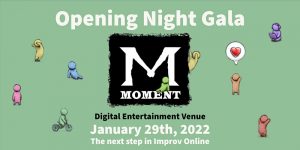
Opening Night
Opening a Digital Entertainment Venue
This Saturday Moment Improv Theatre will be hosting its first large scale event with the solution that we have chosen to roll with. There are already more than 107 people RSVPed to the Opening Night Gala of the Digital Entertainment Venue. It will be exciting to see how people react to it. At the end of the day, we are attempting to recreate a feeling of live theatre, warts and all. What warts do I speak of? The unknown variables that come with live theatre. Perhaps there will be a loud laugher in your section that makes you laugh more. Perhaps you will run into a friend you have not seen for a long time. Or maybe, the lights and sound go out abruptly?!?! We will all get to experience the unknown together.
Stay tuned for future parts of this blog as I will go into more of the details of this journey. Until then, I’ll see you in the digital theatre.
This is part of an ongoing series of celebrating improv online. A Digital Entertainment Venue is a great addition to the online experience.

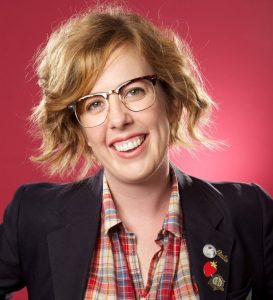
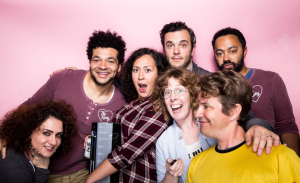

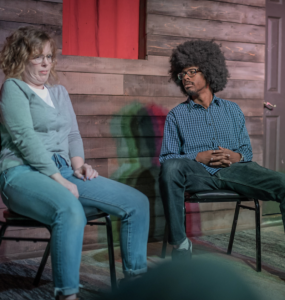



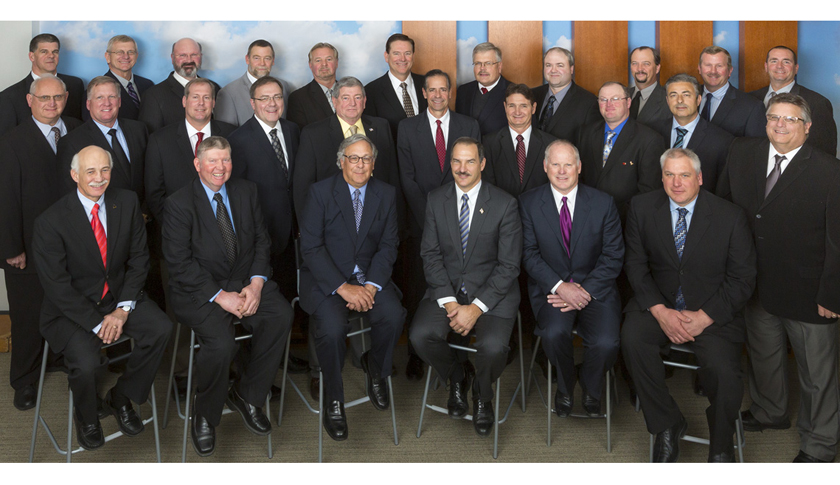
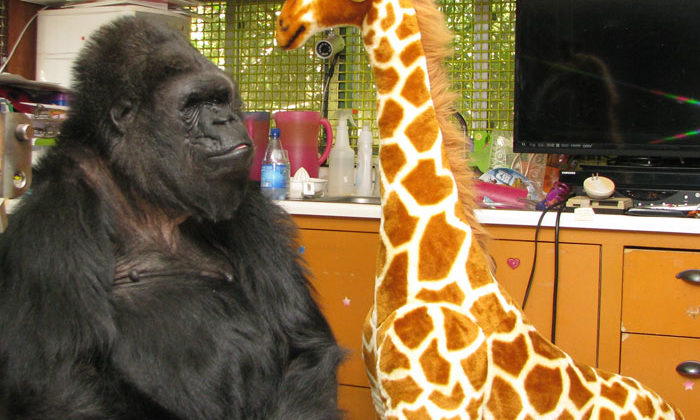
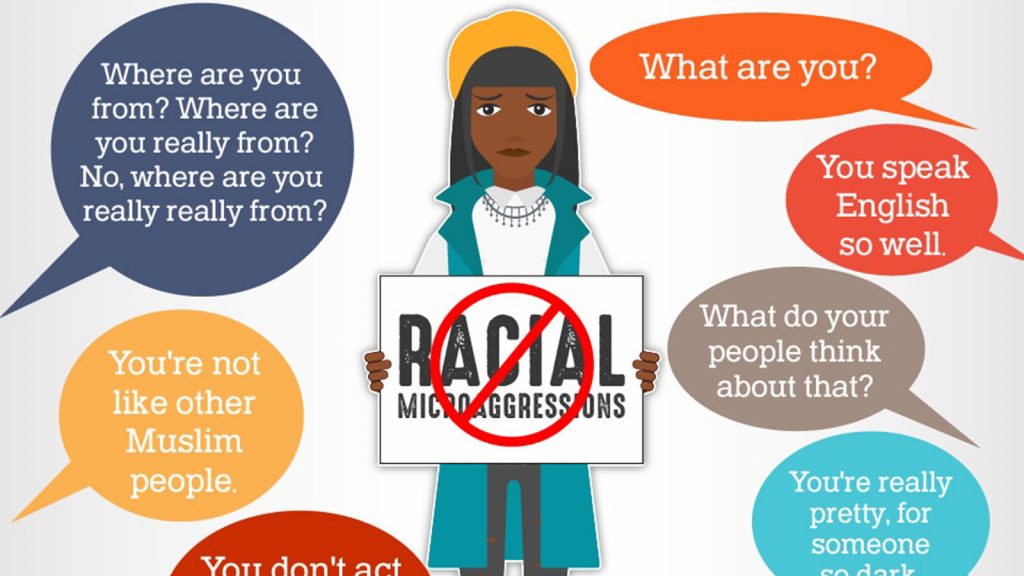
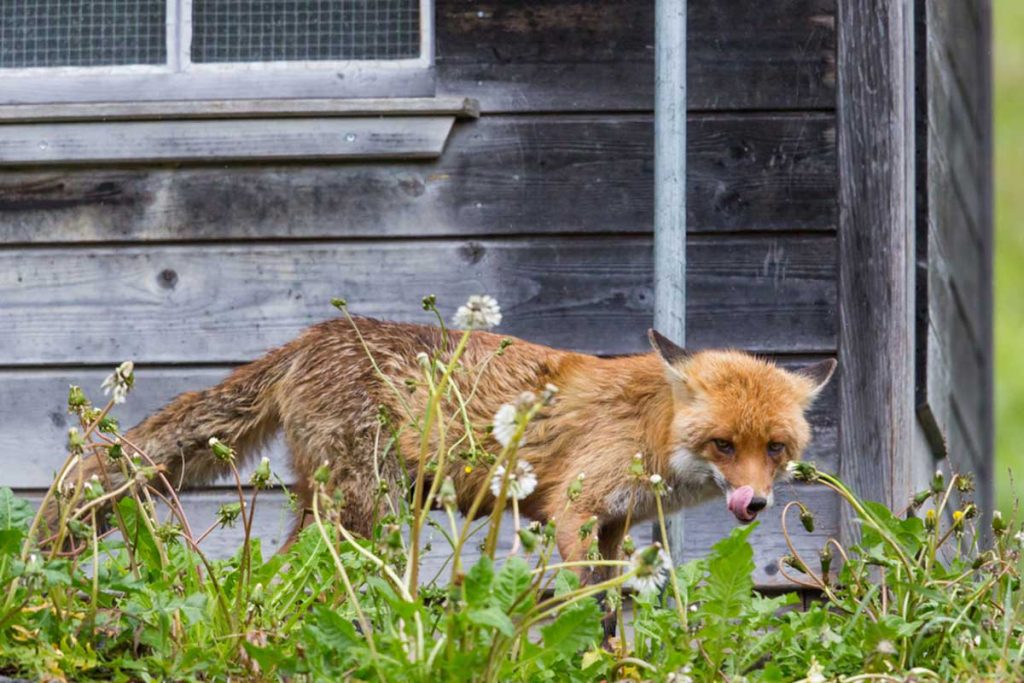



![jason-chin-headshot[1]](http://www.nationalimprovnetwork.com/wp-content/uploads/jason-chin-headshot1.jpg)
